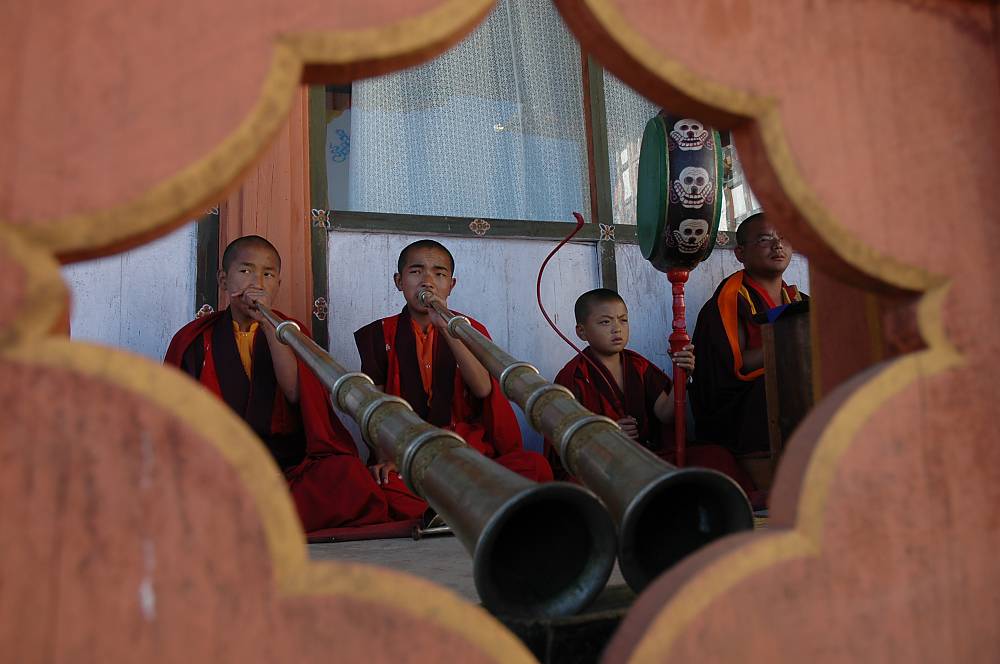2 julio 2025 - 3 julio 2025
Reunión de reflexión sobre la salvaguardia del patrimonio vivo en la educación formal y no formal
Living heritage offers a powerful foundation for learning. It enriches education by anchoring content, methods, and meaning in learners’ cultural contexts. When education is rooted in culture and heritage, it becomes more relevant, meaningful, and transformative. This connection not only deepens the learning experience but also fosters respect for cultural diversity and strengthens social cohesion. Recognized as a key safeguarding measure, incorporating living heritage into formal and non-formal education also contributes to the recognition, respect, and enhancement of intangible cultural heritage, as outlined in Articles 2 and 14 of the 2003 Convention.
The UNESCO programme on safeguarding intangible cultural heritage in formal and non-formal education has been a key focus under the 2003 Convention, and constitutes a funding priority for the Convention for the period 2022-2025 (Decision 16.COM 12). The programme is aligned with UNESCO’s broader intersectoral action on Culture and Education, and it has supported a wide range of actions —from policy development to activities that connected schools and communities across all regions.
To mark the conclusion of this funding priority, the Secretariat convened a reflection meeting with contributing experts and stakeholders. The meeting aimed to take stock of progress, identify challenges and gaps, and develop recommendations to guide future action in this field.
Documents
- Agenda and timetable (LHE/25/GLO ED/1): inglés|francés
- List of participants (LHE/25/GLO ED/2 Rev.): English/French
- Background (LHE/25/GLO ED/3): inglés|francés
 © 2007 by Institute of Language and cultural Studies-Semtokha Bhutan
© 2007 by Institute of Language and cultural Studies-Semtokha Bhutan